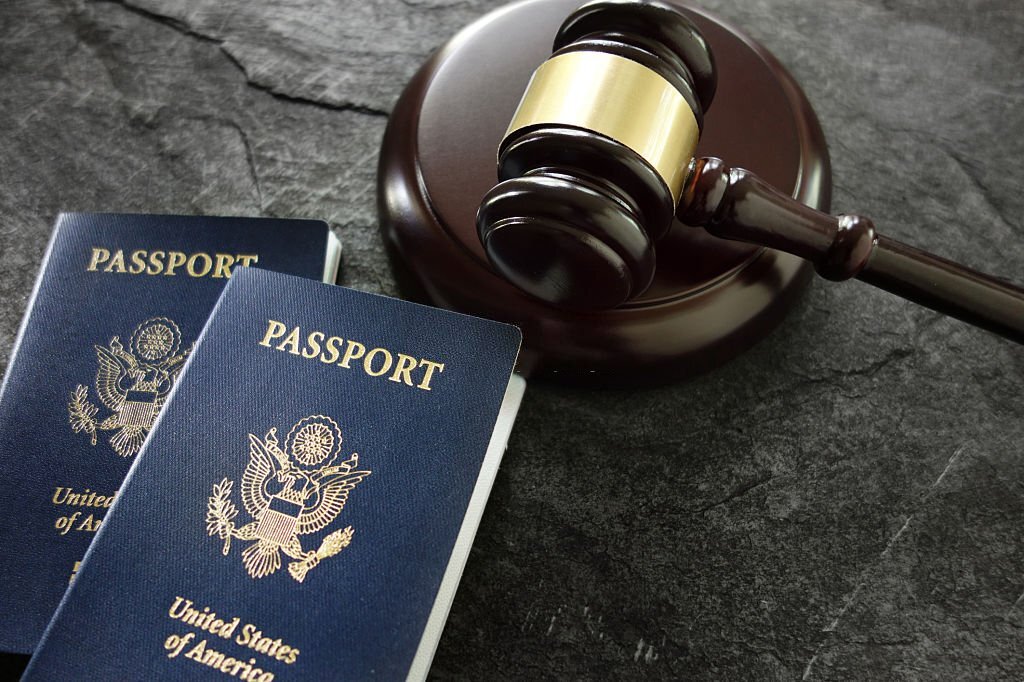Why Immigration Property Valuation is Crucial for Your Visa Process
Immigration property valuation plays a vital role in the visa application process, particularly for those seeking to establish their financial status and eligibility for a visa. This article aims to guide you through the challenges and questions surrounding immigration property valuation, ensuring a seamless and stress-free experience.
1. Understanding Immigration Property Valuation
Immigration property valuation is the process of determining the market value of a property owned by a visa applicant. This valuation is crucial in establishing the applicant’s financial status and eligibility for a visa. An accurate and unbiased valuation is essential to ensure that the visa application is assessed fairly and accurately.
2. The Importance of Property Valuation for Visa Applicants
Property valuation plays a significant role in determining a visa applicant’s financial status and eligibility. A high property valuation can demonstrate the applicant’s financial stability, increasing their chances of a successful visa application. Conversely, a low property valuation may raise questions about the applicant’s ability to support themselves and their family in their new country, potentially leading to a visa denial. Therefore, it is crucial to obtain an accurate and unbiased property valuation as part of the visa application process.
3. The Property Valuation Process
The property valuation process for immigration purposes typically involves the following steps:
- Selecting a certified property valuer: It is essential to choose a qualified and experienced valuer who is familiar with the specific requirements of immigration property valuations.
- Providing necessary documentation: The valuer will require documents such as property titles, floor plans, and recent sales data for comparable properties in the area.
- Property inspection: The valuer will visit the property to assess its condition, size, location, and any unique features.
- Valuation report: Once the inspection is complete, the valuer will prepare a detailed valuation report, outlining their findings and the property’s market value.
4. Common Challenges Faced by Visa Applicants
Visa applicants often encounter various challenges during the property valuation process, including:
- Finding a qualified valuer: It can be difficult to locate a certified property valuer with experience in immigration property valuations.
- Ensuring an accurate valuation: Some applicants may worry that their property will be undervalued, negatively impacting their visa application.
- Time constraints: Visa applicants may face tight deadlines for submitting their property valuation as part of their application.
To overcome these challenges, it is essential to research and select a qualified valuer with a proven track record in immigration property valuations. Additionally, preparing the property and providing comprehensive documentation can help ensure an accurate valuation.
5. Frequently Asked Questions About Immigration Property Valuation
- How much does an immigration property valuation cost? The cost of a property valuation can vary depending on the size, location, and complexity of the property. It is essential to obtain quotes from multiple valuers to ensure a fair price.
- How long does the property valuation process take? The valuation process can take anywhere from a few days to several weeks, depending on the valuer’s availability and the property’s complexity.
- What documentation is required for an immigration property valuation? Necessary documents may include property titles, floor plans, and recent sales data for comparable properties in the area.
6. Tips for a Smooth Property Valuation Experience
To ensure a seamless and stress-free property valuation process, consider the following tips:
- Choose a qualified valuer: Research and select a certified property valuer with experience in immigration property valuation.
- Prepare your property: Ensure your property is clean, well-maintained, and free of any significant issues that could negatively impact its value.
- Provide comprehensive documentation: Supply the valuer with all necessary documents, such as property titles, floor plans, and recent sales data for comparable properties in the area.
- Understand the valuation report: Familiarize yourself with the valuation report’s contents and be prepared to address any questions or concerns raised by immigration officials.
Conclusion:
In conclusion, immigration property valuation is a crucial aspect of the visa application process, with a significant impact on an applicant’s financial status and eligibility. It is important to research and understand the specific requirements for property valuation in the context of your visa application, engage a professional valuer with experience in visa property valuations, and ensure that the valuer is recognized and approved by the relevant authorities. By understanding the property valuation process, addressing common challenges, and following expert tips, visa applicants can ensure a successful and stress-free experience.







